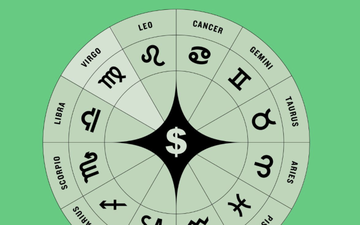
A new study suggests that bedtime music, which you assume helps you sleep better, may actually have the opposite effect. It turns out that "ear worms" - a song, phrase or expression that is fixed in your mind can interfere with a person's dreams, affecting his ability to sleep well.
"Our brains continue to process music even when no one is playing, including when we are asleep," said study author Michael Scullin, a sleep researcher at Baylor University in Houston.
A survey conducted included 209 participants. They completed a series of questionnaires on sleep quality, music listening habits, and earworm frequency. Questions included how often they had experienced an earworm while trying to fall asleep, when they woke up in the middle of the night, and when they woke up in the morning.
Then, 50 of the participants came to the university’s Neuroscience and Sleep Recognition lab, where the research team tried to induce ear worms to determine how they affected sleep quality. The researchers recorded participants' brain waves, heartbeats, breathing, etc., while they slept. The researchers also read EEGs - records of electrical activity in the brain - to examine the physiological markers of sleep-dependent memory consolidation. Memory consolidation is the process by which temporary memories are spontaneously reactivated during sleep and transformed into a more long-term form.
The researchers played three songs: Taylor Swift "Shake It Off", Carly Rae Jepsen "Call Me Maybe" and Journey's "Don't Stop Believin". Participants reported if and when they had experienced an ear worm. The researchers then analyzed whether this affected their sleep. People who caught an ear worm had more difficulty sleeping, more waking up at night, and spending more time in the easier stages of sleep.
The study found that individuals with greater music listening habits experienced persistent ear worms and a decline in sleep quality. According to these findings, the results contradict the idea of ??music as a hypnotic that can help sleep.
The findings were published June 9 in the journal Psychological Science.
"Almost everyone thought that music improves their sleep, but we found that those who listened to more music slept worse. What was really surprising was that instrumental music (without lyrics) led to worse sleep quality." , said the authors of the study.
Sculin recommends that you try to moderate your music listening or take occasional breaks, as well as avoid listening to music before bed. He suggests doing some mental activity before bed, such as spending 5-10 minutes writing down a list of things you have to do the next day or just putting your thoughts down on paper.
Source: Web MD





